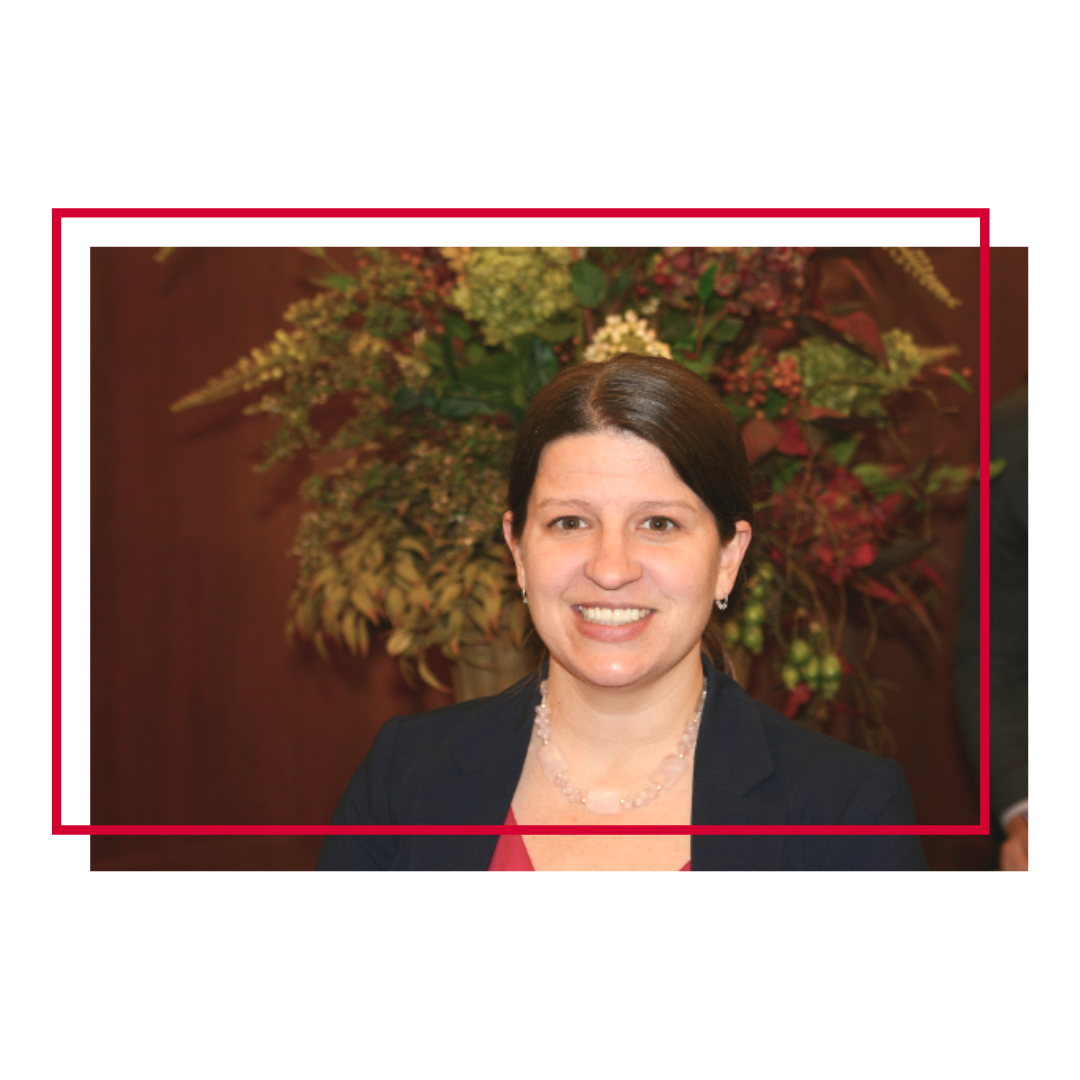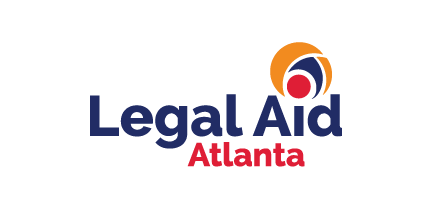Interview with Currey: Education Work During COVID-19

What does the Kinship Care Unit of Legal Aid do?
We represent grandparents or aunts or uncles or “fictive kin” in cases to help them solidify the bond to keep a child safe in their home, through adoption or guardianship. When we talk about kinship caregivers, we’re talking about any kind of family member who is taking care of a child in their home, who is not their biological child. And we help get that relationship solidified if that’s what needs to be done, sometimes temporarily. But sometimes the situation needs to be permanent, so we help with that too.
In addition to formally stabilizing families, we help kinship families on education cases. So I also represent the children in their school cases, like with their IEPs (Individualized Education Plans). I’ll go to school — or to Zoom meetings — to work on those plans with families and schools.
(A note on Individualized Education Plans: If a child is having trouble in school and needs more help, the school is obligated to take action. First, the school will evaluate that student to see if they have a disability that is covered by the law — including learning disabilities like dyslexia and related disabilities like ADHD. After the evaluation, school officials and the parent (and sometimes a lawyer) will meet, determine eligibility, and then develop an IEP, or an Individualized Education Plan. These plans are designed to provide support to students who are struggling, so that they may be successful in the classroom.)
In addition, I do school discipline cases to help keep kids in school, or right now to keep them in their virtual classrooms. I also help kids get enrolled in school, because sometimes when a kid goes to live with a grandparent, the grandparent doesn’t have any documents for that kid, so the grandparent has a hard time getting that kid enrolled in school. And that can be extra difficult because usually that kid needs to be in school the most, because that kid potentially already has some disruptions in their schooling. So we are doing a little bit of everything when it comes to education.
What kind of work have you been focusing on in the past few months? And how has your work/Kinship Care’s work shifted since COVID-19?
Right now, I’m doing a lot more education work than we typically do. Because as it turns out, a whole lot of these grandparents and aunts and uncles do have a kid in their home, and one reason the kid is in their home is because the kid is having some sort of issue — sometimes related to the issues that are going on with their parents.
A lot of the kids in the families that we’re representing do have IEPs in school, or maybe should have an IEP in school. So we’re trying to work on meeting that need a little bit more.
As a program, we’re already doing this work, but we haven’t necessarily been catching every kid, so we’re trying to ask each of our client families, “Does your kid have an IEP? Should the kid in your home have an IEP? Do they have a special need?”. And then we’ll see if they need some help with those cases, and often they do.
[We’re hearing clients say that] things are even crazier this year with IEPs in a virtual setting, not just for grandparents and caregivers, but for everybody. It’s all up in the air. People are asking, Is it even possible to [properly accommodate these students] in a virtual setting? Some people are saying it’s not…What are the greatest challenges that your client families are facing right now?
At Legal Aid, we mostly work with people living in poverty, so one of the challenges is trying to make sure the kids have Internet, and kids have a laptop at home. And I don’t think this is unique to the people who use our services, because there are a lot of people in poverty who don’t reach out to us, who are also likely having the same problem across the state.
If you look at the connectivity maps for Georgia, they’re not great.
I had a kid in Atlanta who, during an IEP meeting, at the end of the school year, the school was asking, “Why isn’t this work completed? What happened?”
And he said, “Well, we didn’t have Internet for a while.” When I asked how long, he said, “A month”. So a whole month — of the only three months of virtual learning — he didn’t have Internet at all, so he couldn’t even access the assignments he was supposed to be doing. But he didn’t really tell anybody because for him, that was normal.
Even the internet is not something we can take for granted in Atlanta. It’s a big challenge.
What are the greatest needs of the students you represent right now?
Other than Internet, the greatest need is to have a big meeting about what can be done virtually for kids with IEPs, and if it has to be done virtually. Like is there a way that IEPs can get in-person services safely? And if there is, how can we put that in place?
Atlanta Public Schools and other school systems have basically said that all education is virtual right now, but can students with IEPs even be served virtually? I don’t know.
Schools do have to meet all the FAPE (Free Appropriate Public Education) obligations, which is federal law. And it’s our job as advocates to try to advocate for what is best for the kids, and what will be safe and effective and will still provide them FAPE, if that’s at all possible.
Do you have any quick tips for parents reading this article?
If you are the caregiver for a student with an IEP or who may need an IEP, call an advocate now to get a plan set up for the coming semester. Parents need to be having meetings now with schools to try to set what their plans are going to look like for their kids.
Learn more about education rights at: GeorgiaLegalAid.org
